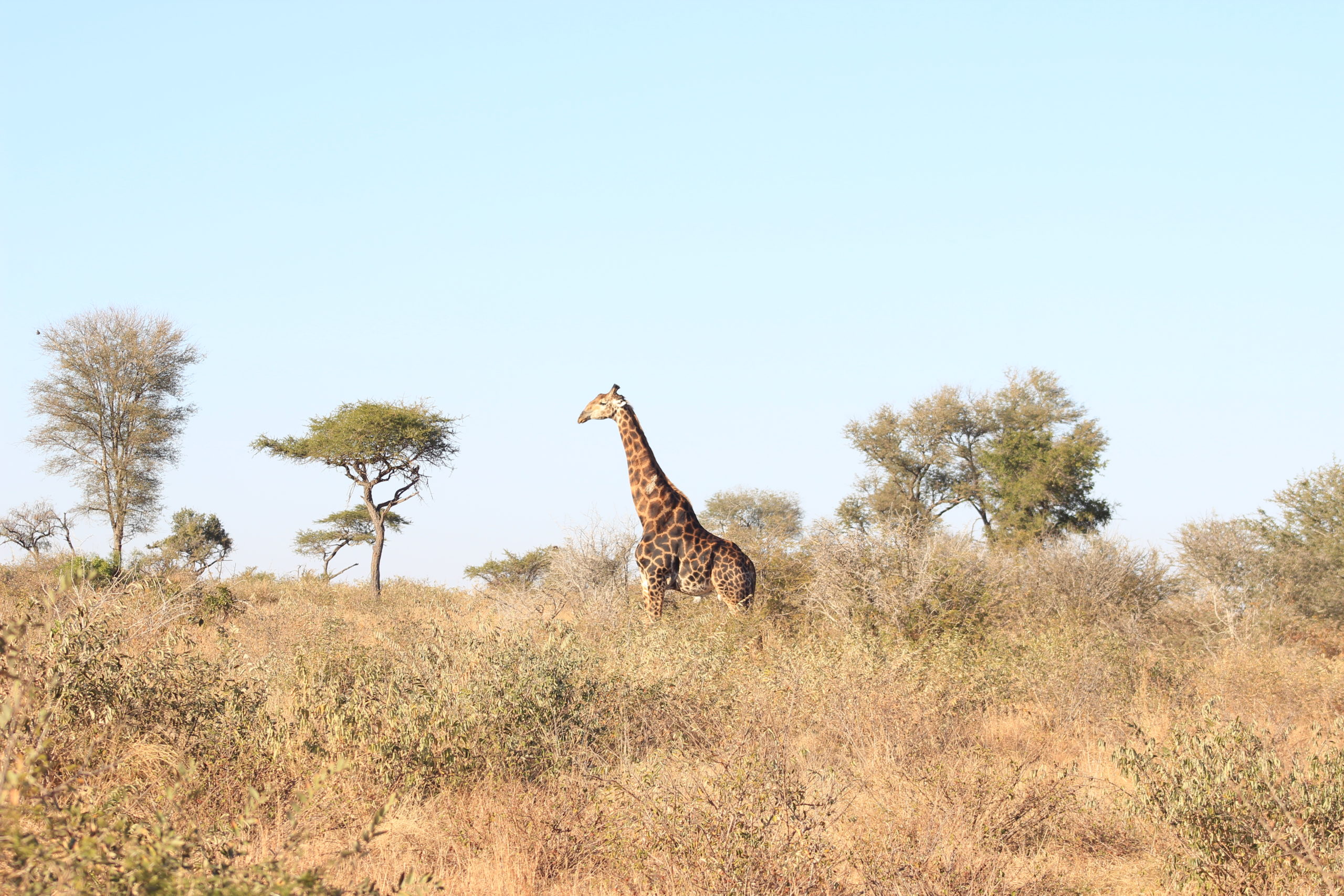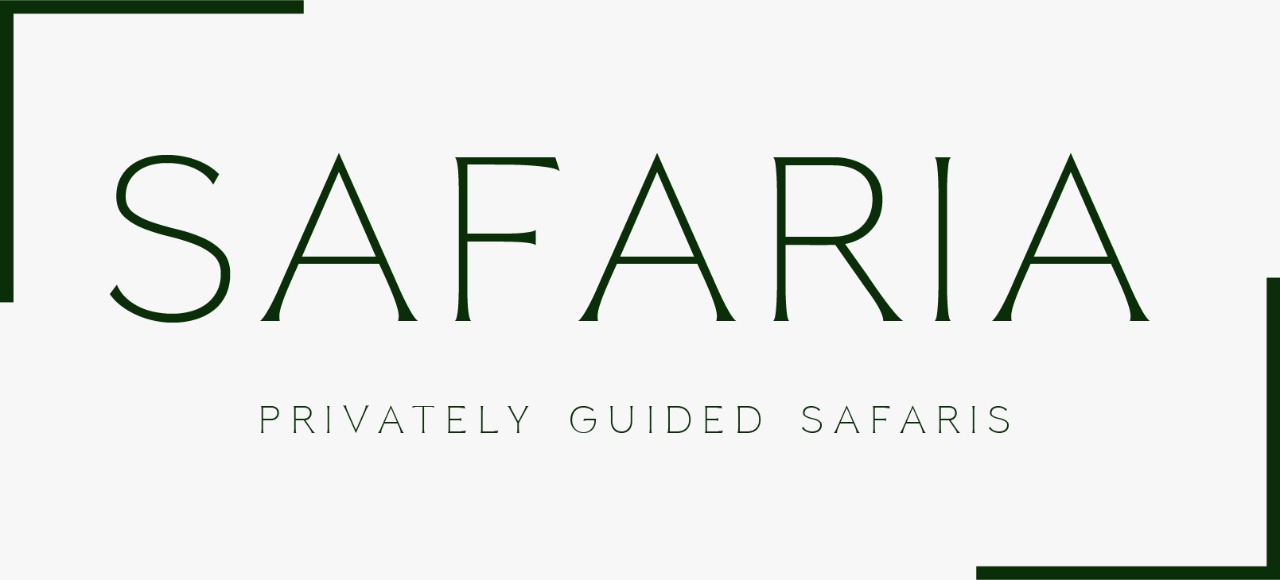Duration: 04h30 – 17h30 (Summer months)
Price: From R1,850 per person
(Min 2 – Max 6 Guests)
*Excludes KNP entrance fees

Enjoy a Full day of Bird Watching in the Kruger
Duration: 04h30 – 17h30 (Summer months)
Price: From R1,850 per person
(Min 2 – Max 6 Guests)
*Excludes KNP entrance fees

The Kruger National Park offers a birding experience that for many avid birders is in a league of its own or considered to be one of the best birding locations in Africa. There is a number of reason that validate this from access to Kruger, infrastructure, camps, trails, wilderness trails, diversity of habitat and systems and of course the shear number of birds that can been see through out the length and breadth of Kruger. With an incredible road network that offers nearly 2000 kilometres of a mixture of gravel and tar roads it’s a easy to navigate and with local knowledge allows you to get to specific birding hotspot areas quite easily.
The diversity of landscape is very special and with only 1% of Kruger National Parks landscape being subject to man made infrastructure, this natural wilderness is an attractive destination to roughly 520 bird species. From open grassland to woodland savanna, mixed woodland, thorn thicket, riverine riparian zones, rock strewn granite inselberg’s of the south and western borders and the eastern Lebombo range, there is so many terrains to bird and so many wonderful birds to see. The varying vegetation and terrain informs the type of species that we can find in the Park with Summer months holding the greatest numbers of birds as it receives all the Palearctic and Intra-Africa migratory species. Winter months brings a few Drakensberg and Escarpment forest species down to lower altitude with the parks numbers dropping slightly to mid 300 species.
With all of this in mind a single day Birding Safari In the Kruger National Park is incredibly rewarding and also provides fantastic mammal sightings as well. We will spend the day in Southern Kruger and based on time of year will access the most productive areas of the season. Between Skukuza and Lower Sabie Camps we will follow the Sabie River to the grasslands east of Lower Sabie Camp and then onto the Rhyolite foothills around Nkumbe lookout and then back through the thorn thicket and woodland savanna between Tshokwane and Skukuza camp. The routes are variable and based on your interests and target species. There are also options to enjoy the different hides from Lake Panic to Gardenia hides or just bird and single smaller area for the day. Once you let us know what your expectation is we can design this specifically around you and your group.
Our Full Day Birding Safari in the Kruger National Park starts very early so that we can take advantage of early mornings dawn chorus and use bird calls the helps us locate many of the early morning active species. In the summer months we will start at the nearest gate at 05h15 and 05h45 in the winter months as the Kruger National Park adjusts its gate times to account for the seasonal changes in sunrise and sunset.
Prior to departure your guide Andrew will have already engaged with you via email or phone call and together would have established your birding travel plan for the day. The gate of entry will depend on you accommodation location (unless you are staying inside the Park) as well as if you have specific species that you wish to target. This means that we may access through any of the gates in the southwestern corner (Numbi, Phabeni or Paul Kruger) or also Malalane Gate at the southern tip of Kruger.

Your guide Andrew will manage you gate entry process and once our permit issued we are heading out into the Kruger. The first 2h30 of the morning are a great time to use birds to find and locate species and we favour morning routes along the Sabie River and Crocodile Rivers. At around 08h00 we will stop for coffee and leg stretch before continuing on towards our morning breakfast/brunch stop at the nearest camp which maybe Skukuza Camp, Berg-en-Dal Camp, Lower Sabie Camp or Afsaal outpost. We can either stop at the camps to eat or you can also bring with your own cooler box and snacks of you want to maximise on time in the bush.
We can then also spend lunch out at one of the hides over midday and use the time to look for birds coming in for shade and water. Afternoons are perfect for river frontage and thicketed areas with good shade as well as areas that provide good food resource from grasses to fruiting or flowering plant species.
We can offer guests a morning birding safari on Kruger ending around 13h00 but typically our full day birding safari will end around 17h30pm.
We will make regular comfort break stops starting with a coffee, tea and rusk stop at one of the hides around 08h00. Thereafter we will visit the respective camps for bathroom breaks, food stops and a longer leg stretch. All the camps have shops and restaurants as well as takeaways.
Having taken hundreds of Safaris into the Kruger National Park we know from experience what’s important to pack. Here are a few items we recommend that you don’t leave home without:
We recommend light functional attire preferably in natural colour shades to blend in with our environment and not stand out visually to game species. Summer can be hot and the direct sunlight dangerous so please remember a good hat as well as sunscreen. During the hottest summer months (Nov/Dec) the daytime temperatures can reach 35 degrees Celsius from 10h30 and from 13h00 the temperature can reach upward of 40 degrees. The summer months are also our rainy season so the afternoons can experience thundershowers but all vehicles are equipped with waterproof ponchos as well as canvas flaps that can enclose the vehicle.
During the winter months in the Kruger National Park, we will usually experience blue skies on most days but with a daily average temperature of 18 to 26 degrees Celsius. The early mornings on Safaris can be cooler with temperatures from 5 to 8 degrees and late afternoons again dropping below 18 degrees. Winter Safaris are fantastic because the visibility is very good but we do recommend that you have warm clothing as the wind on the back of an Open Safari Vehicle can make things chilly. On our Safari vehicles we do provide fleece blankets.


Book your Kruger
Safari Now
